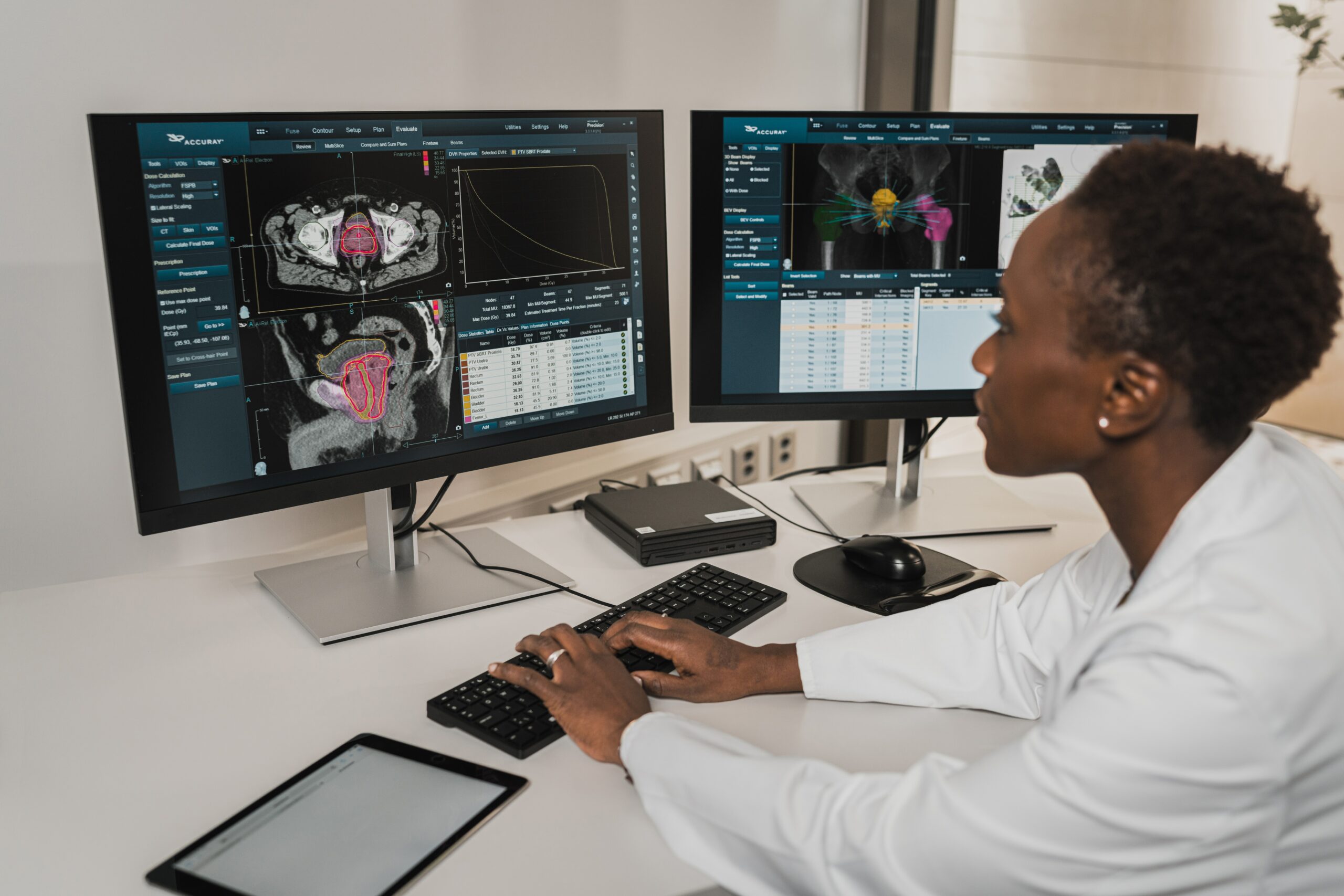
A new survey delivered a not-so-positive verdict on an issue that has become a major focus for the healthcare industry: how to improve patient experience.
The results from The Beryl Institute-Ipsos PX Pulse showed that three-quarters of Americans surveyed said they had not had a positive patient experience in the last three months, with 60 percent reporting a negative healthcare experience during that time.
That reinforced data from Accenture last year showing that two in three healthcare consumers reported having a bad patient experience with a provider, hospital or pharmacy.
Patient Experience Is Challenging
Binding the two surveys together was a key finding: in both cases, patients cited better communication from more emphatic providers as the most important way to improve patient experience.
Patient experience in healthcare is highly complex, incorporating numerous patient-provider interactions and aspects – ranging from wait times to the quality of hospital cafeteria food — that go beyond the outcome of any health issues.
Healthcare has personal, emotional, physical, and financial elements, any one of which would make creating a remarkable experience difficult. Combining all four is especially challenging.
Fortunately, there is good news behind the headlines. Clearly, healthcare professionals have been spending a lot of time in recent years trying to improve patient experience, to the point where the Harvard Business Review has called it “an urgent strategic imperative” in the industry.
Progress has been slow at times in an industry that is historically slow to change. But change is indeed afoot, and hospital systems and other healthcare entities know this is an area that needs work — and they are trying diligently to improve.
Here are some ideas to help them along.
Communication is Key
The recent surveys make clear that the proverbial bedside manner is top of mind for patients.
The Beryl Institute found that virtually all respondents rated communication as extremely or very important, with 96 percent saying the top factors in a good experience were healthcare providers who listen and communicate clearly.
The Accenture data cited patients saying providers should focus on empathy during the clinical experience, with half of respondents saying they want someone who understands and meets their emotional needs.
Without question, providers should listen closely to patient feedback, and that means more than just giving them a post-visit survey that ranks care on a 1-10 scale. It means having a conversation, asking for detailed feedback on what they can be doing better, and then acting on what they hear.
One key way to improve provider-patient communication is by avoiding jargon. The healthcare industry often speaks in a language all its own that regular people may not understand, whether it’s medical issues or health insurance terms that are critically important to a patient’s ability to pay.
Medical providers can pay more attention to training the parts of their office that deal with insurance billing issues to more clearly explain them to patients. Most of all, on any issue, everyone needs to try to speak using simpler language.
Other Tips for How to Improve Patient Experience
- Leverage the WISE methodology for creating remarkable customer experiences, which is also applicable to healthcare. WISE stands for Witty, Immersive, Shareable, and Extraordinary — and it contains the ingredients needed to create memorable, loyalty-building experiences.
- Set realistic expectations and stick to them. If your typical wait time is two hours, for example, tell people ahead of time so they can bring a book or coffee – or let them know if you will provide the coffee.
- Understand that the patient is not the only customer. Paying close attention to the needs of family members or other caregivers can be just as important in creating a memorable experience.
- Use technology. The healthcare industry has increasingly been embracing digital enhancements. Everything from online patient portals to virtual waiting rooms — to say nothing of the amazing technology used to diagnose and treat illnesses — can greatly enhance the patient experience.
The personal nature of patient experience, compared to a “typical” customer experience like shopping at a retailer or dining at a restaurant, raises the stakes. Customer (patient) expectations continue to rise, particularly in the aftermath of COVID-19. The good news is that patients are more than willing to share feedback, and the desire for more and better communication isn’t necessarily difficult or expensive to implement.
